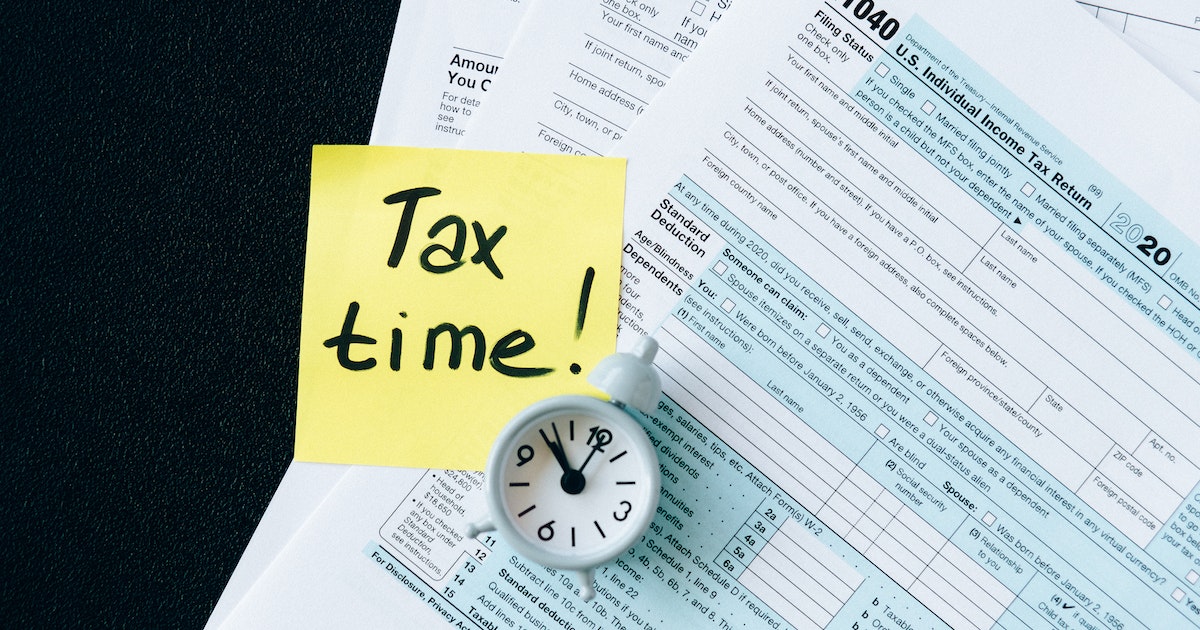According to the Internal Revenue Service, about 85 million individuals pay specialists to prepare and file their tax returns (IRS). If you are one of them, it is critical that you arrange your receipts, forms, and other documentation well in advance of tax season.

Your preparer may collect information directly from you or request that you fill out a questionnaire. In either case, a little planning ahead of time will help you go through the procedure swiftly and easily. Even if you do your own taxes, the methods outlined here will assist you in becoming organized.
1. Select a Tax Preparer
If you don’t already have a tax preparer, contact friends and consultants (such as an attorney you know) for recommendations. Make certain that the person you select has a preparer tax identity number (PTIN), indicating that they are permitted to file federal income tax returns.
Make careful to ask how much they charge in fees. Of course, this is dependent on the complexity of your return. Avoid selecting a company that takes a cut of your refund. The IRS website includes advice on selecting a preparation as well as a link to the IRS directory of preparers, where you can search by credentials and location.
2. Make an Appointment
Even if you decide to file for an extension, the sooner you meet with your preparer, the sooner you should be able to complete your return. If you expect a refund, you’ll get it sooner as well.
If you wait too long to book an appointment with a tax preparer, you may miss the deadline. That means you may lose out on tax-saving opportunities, such as making deductible contributions to an individual retirement account (IRA) or a health savings account (HSA).
3. Collect Your Documents
By the end of January, you should have received all of the tax documentation you require from your employer or employers, as well as banks, brokerage firms, and others with whom you do business. Check that the information on each form corresponds to your own records.
The following are some of the most prevalent types:
• Form W-2 if you worked.
• The different 1099 forms that reflect additional income you received, such as dividends (Form 1099-DIV), interest (Form 1099-INT), and non-employee remuneration provided to independent contractors (Form 1099-INT) (Form 1099-MISC). Brokers aren’t required to send out Form 1099-B, which details gains and losses on securities transactions, until mid-February, so they may arrive later.
• Form 1098, which is used to report any mortgage interest paid.
• Form W-2G if you won money at a casino.
